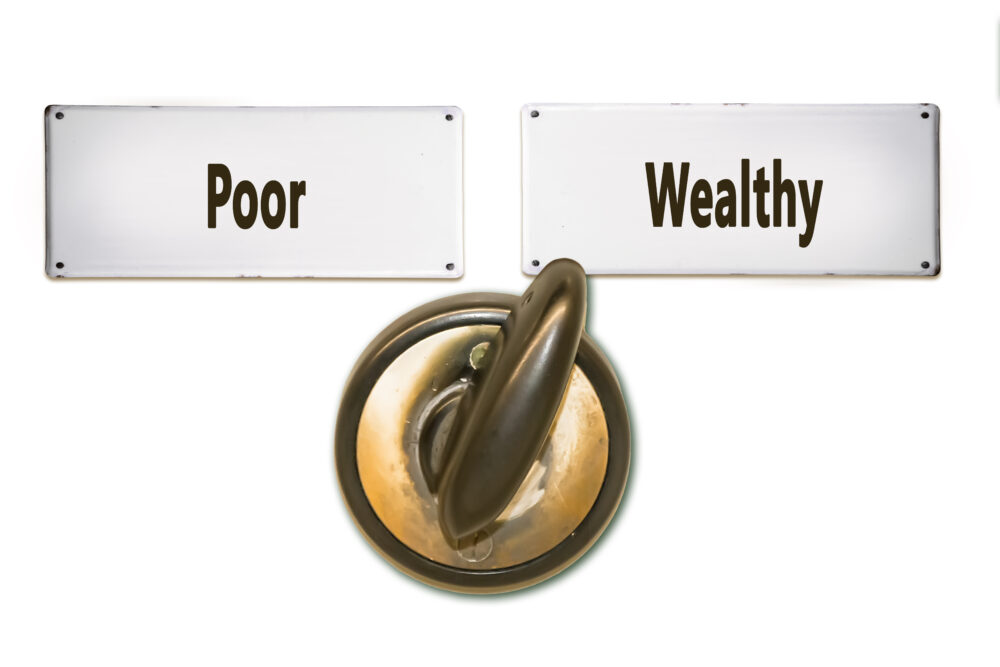
In the intricate web of socio-economic dynamics, the spending habits of the less affluent often baffle those on the other end of the spectrum. Wealthy individuals, accustomed to strategic financial planning and investments, might find it perplexing why the poor spend their limited resources on certain items. Let’s take a closer look at these 17 purchases, unraveling the logic and necessity behind them.
1. Fast Food Over Home-Cooked Meals
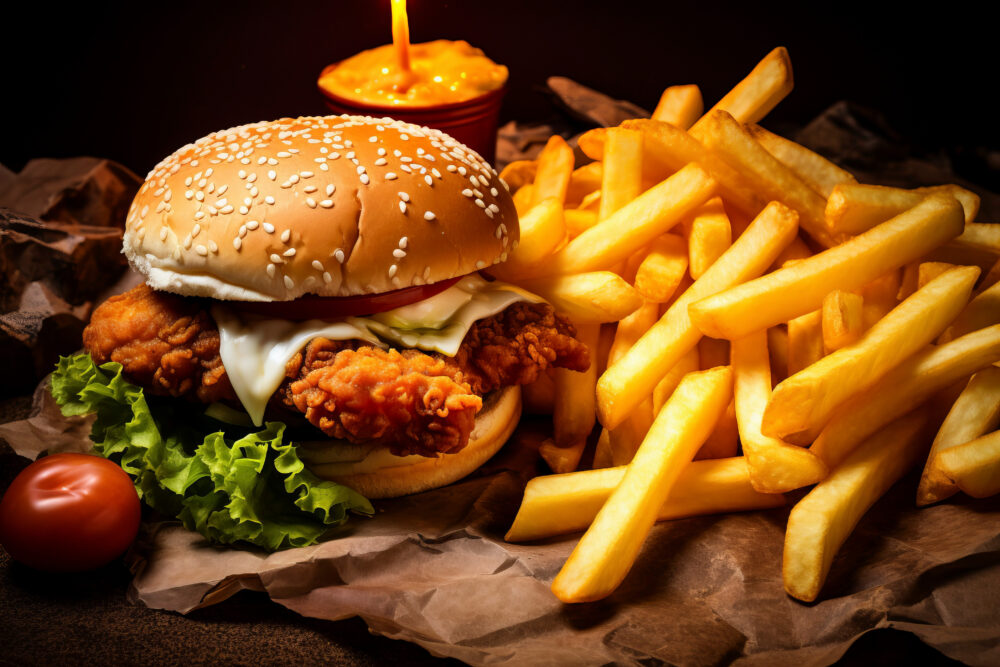
Fast food is not just a matter of taste but often a necessity for those with hectic, work-filled lives. Cooking requires not just ingredients but also time and energy, resources that are in short supply for many working multiple jobs or long hours. Furthermore, the cost of buying enough ingredients for varied, nutritious meals can quickly surpass the cost of a simple fast-food meal, making it a practical choice.
2. Prepaid Cell Phones
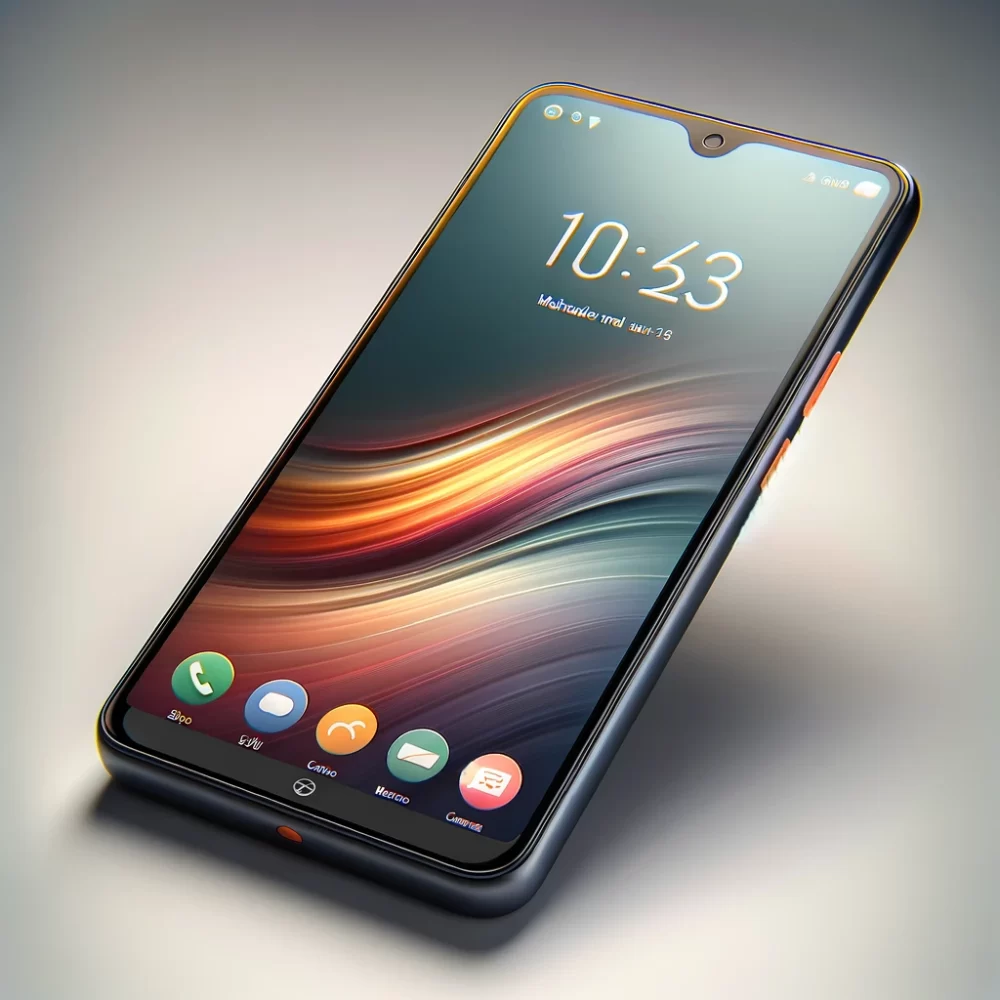
Contract phones, although economical in the long term, are often not an option for those with poor credit or unstable financial situations. Prepaid phones, despite their higher costs over time, offer essential communication without the need for credit checks or long-term commitments. They provide a level of flexibility and control over monthly expenses, crucial for those living paycheck to paycheck.
3. Lottery Tickets
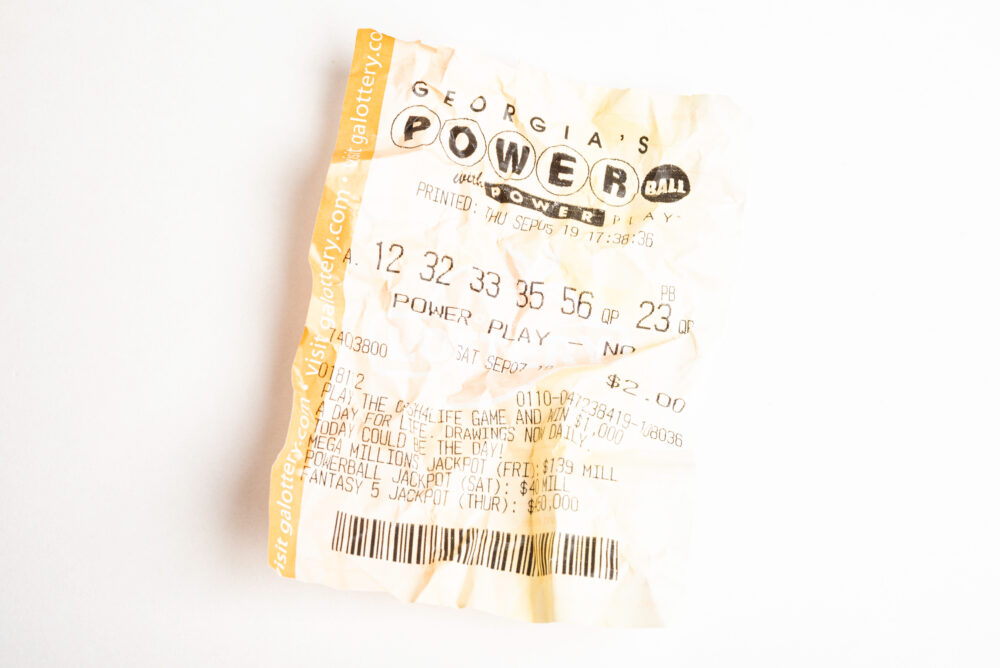
For many living in financial uncertainty, lottery tickets represent a beacon of hope – a small chance at a life-changing windfall. Criticized as a waste of money, these purchases are often driven by the desire for a drastic change in one’s financial circumstances. It’s a gamble, yes, but one that offers a momentary dream of escape from financial struggles.
4. Rent-to-Own Services
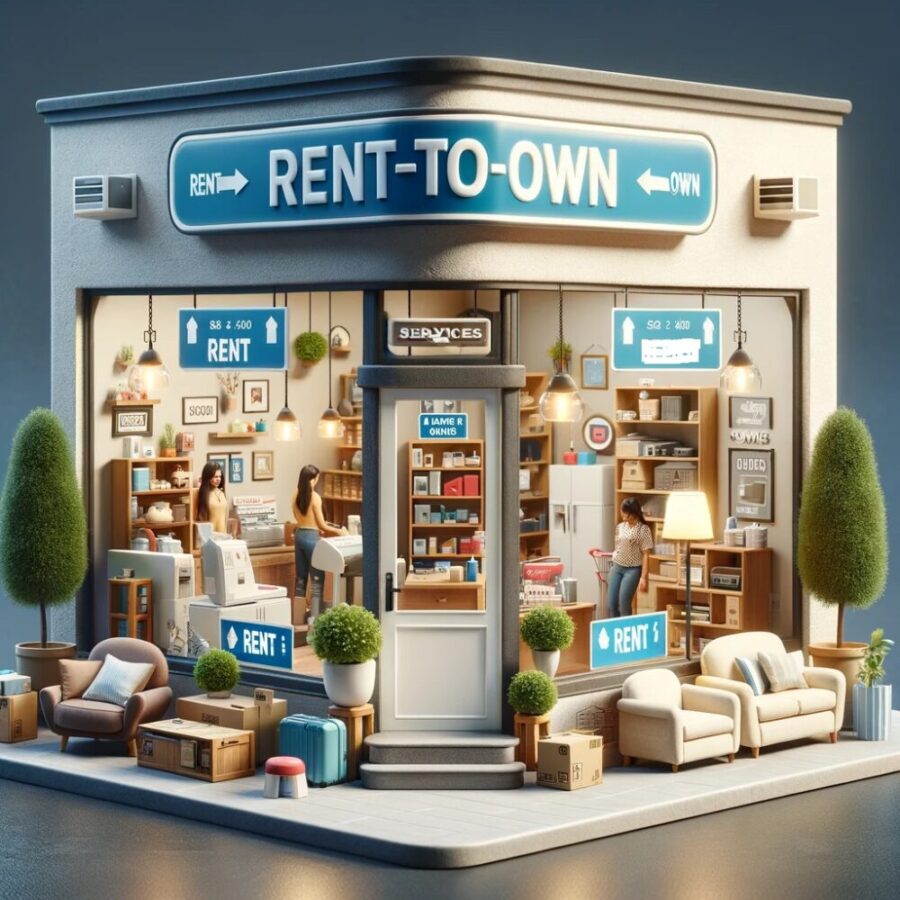
Rent-to-own schemes for furniture and appliances might involve high-interest rates, but they also offer immediate access to necessary household items. For families unable to afford the lump sum price of essential goods, these services provide a functional alternative. It allows them to enjoy the benefits of these items while paying in manageable installments, even though it may cost more in the long run.
5. Brand Name Clothing for Kids
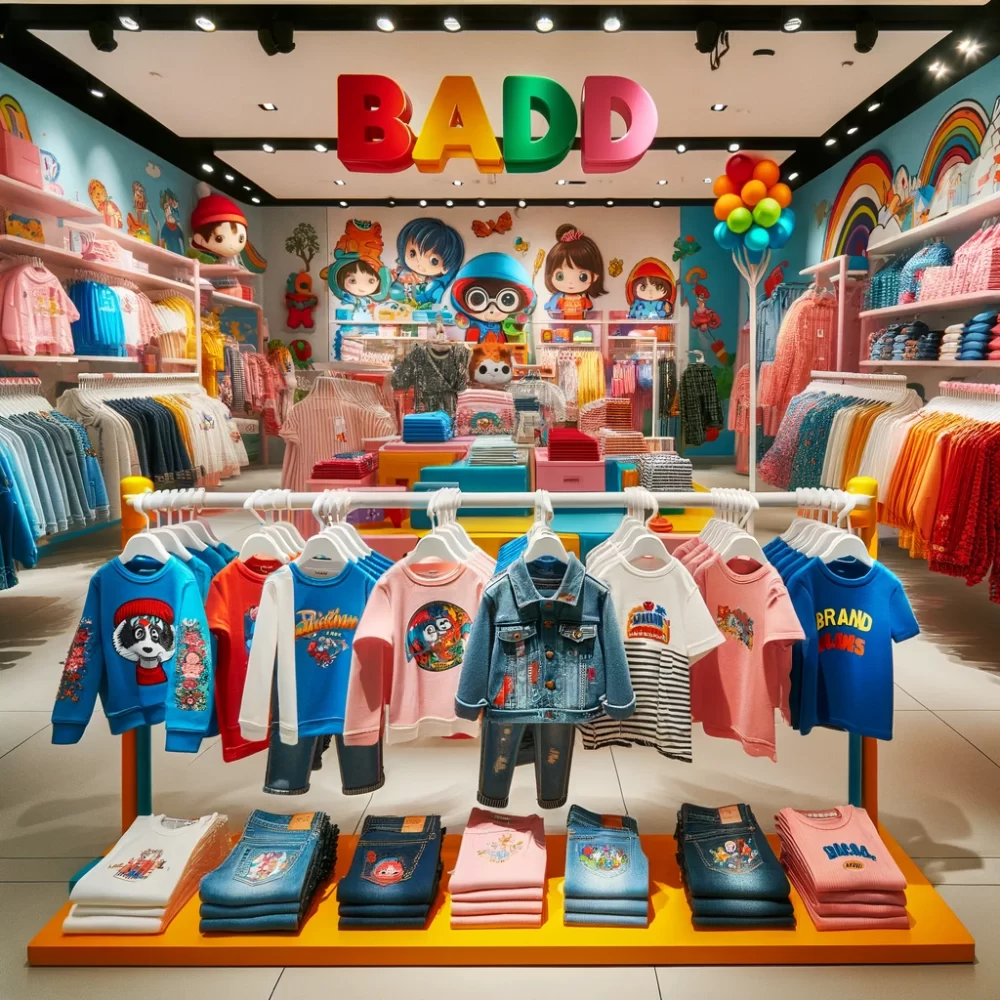
Purchasing durable brand-name clothes for children can be a more economically sound decision for low-income families. These clothes tend to last longer and can be handed down to younger siblings, offering better long-term value than cheaper, lower-quality alternatives. This choice is less about fashion and more about seeking value and durability in an essential commodity.
6. Expensive Footwear
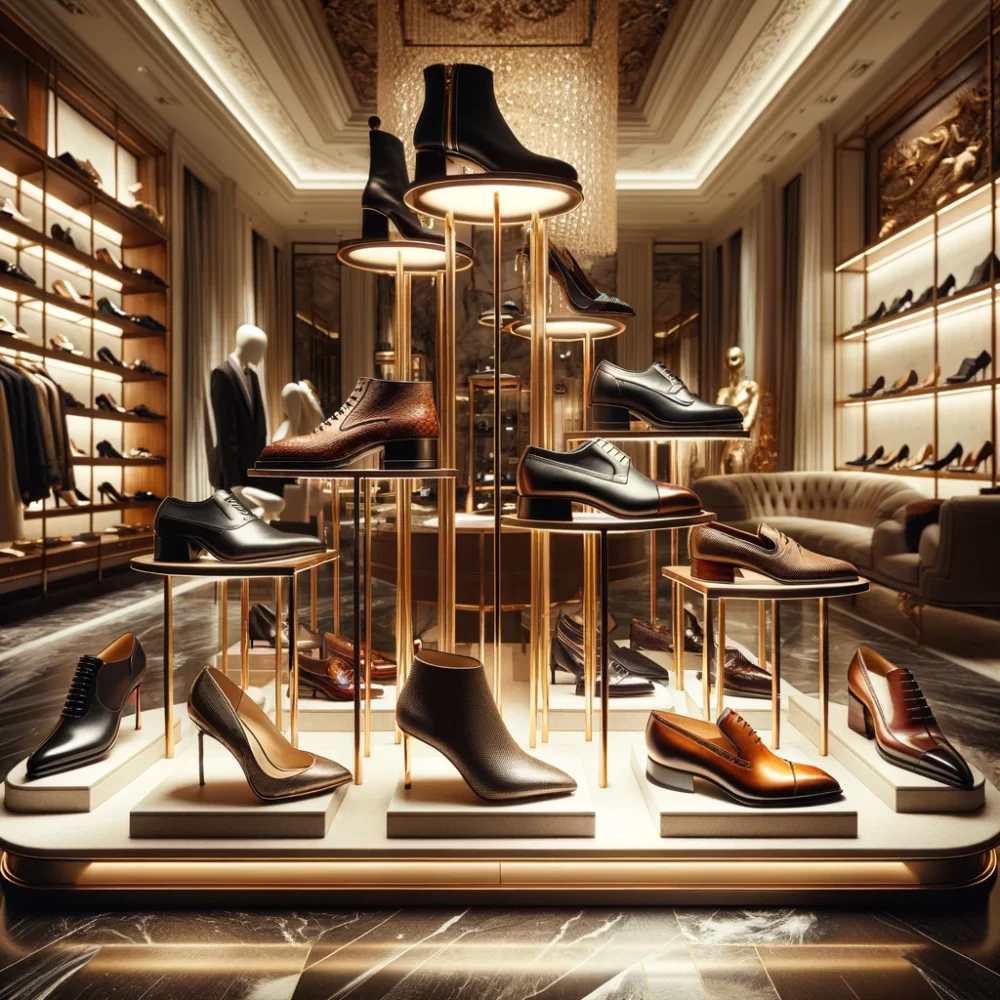
Quality footwear is a health and comfort necessity, not just a style statement. For those who spend long hours on their feet, especially in manual labor jobs, a durable pair of shoes can prevent discomfort and health issues. Investing in a good pair of shoes, therefore, becomes a necessity, even if it seems like a luxury expense.
7. Cable TV Subscriptions

In a world where digital streaming is king, cable TV may seem outdated. However, for many with limited recreational budgets, cable TV offers a wide range of entertainment and news at a relatively low cost. It remains a primary source of affordable entertainment, especially for those without reliable internet access or the means to afford outings.
8. Short-term Loans
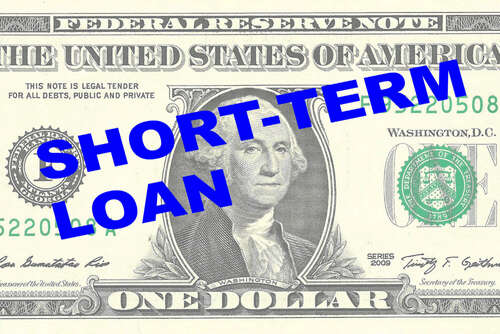
The cycle of poverty often necessitates the use of short-term loans to cover unexpected expenses. These loans, although costly due to high-interest rates, are sometimes the only option in emergencies for individuals without savings or access to traditional credit. It’s a desperate measure in desperate times, providing a temporary solution at a high cost.
9. Cigarettes and Alcohol

While certainly detrimental in the long run, cigarettes and alcohol can provide temporary relief from the daily stresses of poverty. These habits are often formed as coping mechanisms, albeit unhealthy ones, offering momentary escape from the harsh realities of life. The financial and health costs are significant, but the immediate psychological relief they provide can be a compelling reason for their continued use.
10. Higher Education Applications

The pursuit of higher education is often seen as a pathway out of poverty. The costs associated with college applications, though high, are viewed as an investment in the future. For many low-income families, the potential for a higher-paying job post-graduation justifies the steep application fees, test costs, and other related expenses.
11. Car Loans for Older Vehicles

Financing older vehicles may not make sense to those who can afford newer models, but for many needing immediate transportation, it’s often the only option. An older vehicle can mean the difference between having a job and unemployment, making car loans for older models a necessary, if not ideal, financial burden.
12. Grooming Products

In a society where appearance can impact job opportunities and social interactions, personal grooming is a necessity, not a luxury. For low-income individuals, spending on grooming products is an investment in their professional and social image. It’s a strategic expenditure that can have real implications on their ability to secure and maintain employment.
13. Expensive Utility Bills
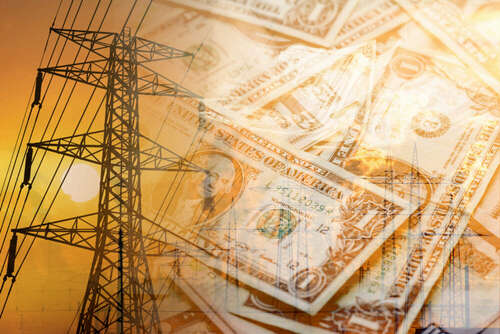
Less affluent individuals often live in older, less energy-efficient housing, leading to higher utility bills. Despite the long-term inefficiency, these costs are an unavoidable aspect of living in affordable housing. It’s a paradox where the less you can afford, the more you end up paying for basic utilities.
14. Fast Internet Plans

In today’s digital age, having a fast and reliable internet connection has become a necessity for many essential activities, including job searching, educational pursuits, and even basic communication. For families with school-aged children, particularly, a fast internet connection is vital for educational purposes, making it a justified expense even when budgets are tight.
15. Holiday Gifts

Spending on holiday gifts, especially in financially tight situations, might seem imprudent. However, these expenses are often about more than just materialism. They represent a way to maintain traditions, provide joy, and offer a semblance of normalcy, which can be particularly important in tough economic times.
16. Convenience Store Purchases
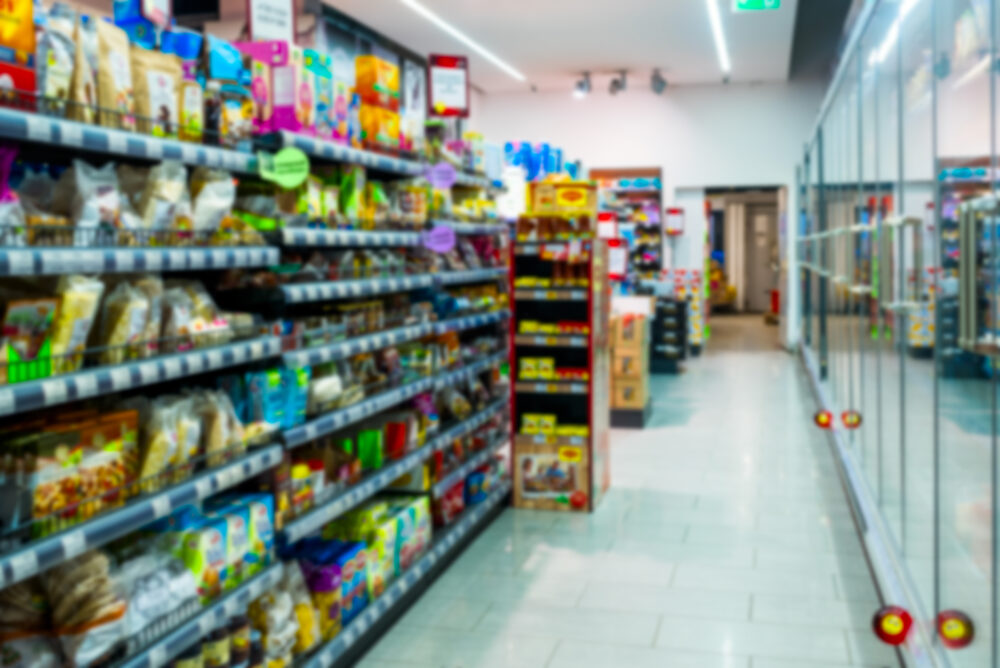
Convenience stores, despite their higher prices compared to supermarkets, offer accessibility and small quantities. For those without transportation to larger stores or the means to buy in bulk, these stores provide essential goods in manageable amounts, even if it means paying a bit more.
17. Financial Services Fees
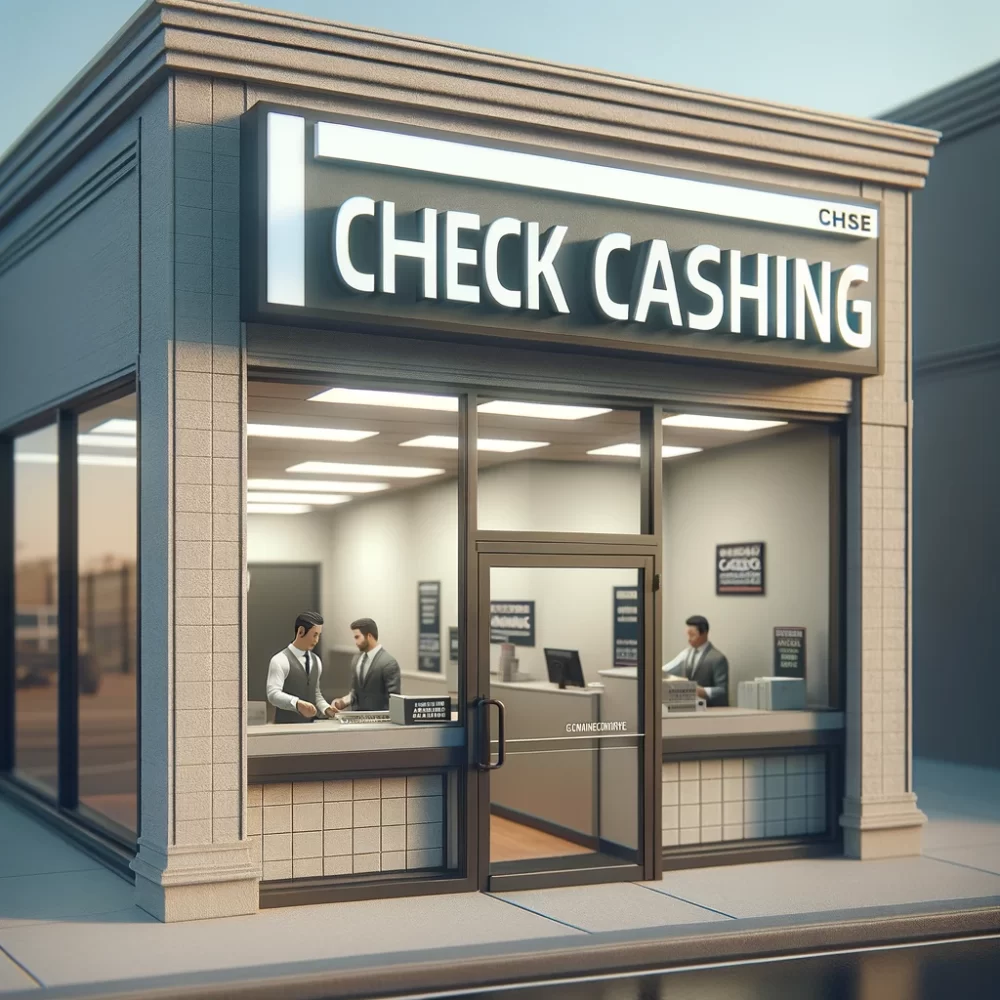
For individuals without access to traditional banking, services like check cashing and money orders, despite their additional fees, are vital. These services offer a way to manage finances without a bank account, a common scenario for many low-income individuals due to various barriers like minimum balance requirements and banking fees.
Realities Faced By The Less Affluent

Understanding the economic realities faced by the less affluent is key to empathizing with their financial choices. It’s not always about poor money management; often, it’s about making the best out of limited options. These spending habits are a reflection of a larger socio-economic picture that requires both understanding and compassion.



